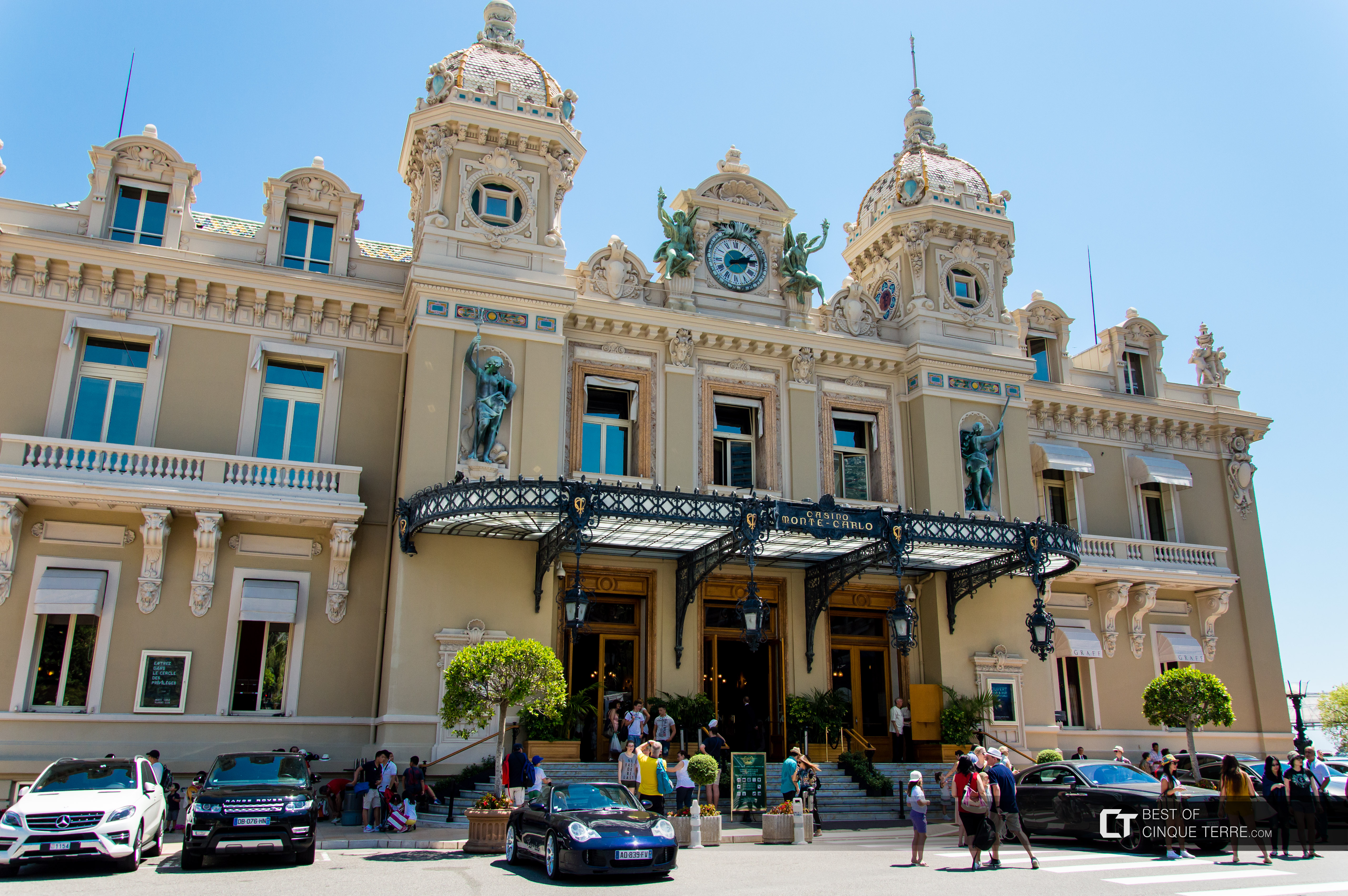Casino experiences have long captured the interest of humans around the globe, becoming an integral part of both leisure and culture. From the shimmering lights of Nevada to the captivating experience of internet gambling, these games evoke thrill, risk, and sometimes even a sense of nostalgia. They are not just just pastimes; they have woven themselves into the texture of human experience, influencing various aspects from cinema and music to style and writing.
The allure of casino games surpasses the betting aspect, tapping into larger themes of serendipity, possibility, and psychology. As players gather around a gaming table or spin the wheel of fortune, they engage in an age-old ritual that echoes with our communal desire for adventure and instability. This fascination has led to the rise of many references in cinema, songs, and electronic games, showcasing how strongly entrenched these activities are in popular culture. Whether it is the pressure of a classic robbery film or the vibrant nightlife portrayed in videos, casino games have created a substantial niche that reflects our connection with reward.
Social Significance of Gambling Activities
Gambling games have played a key role in cultural aspects throughout the ages. Stemming from ancient civilizations, forms of chance were often linked to rituals or events. For example, early iterations of these activities can be traced back to ancient China and the Roman Empire, where die games and betting on results were common pastimes. These games not only served as entertainment but also as methods of connecting people, facilitating relationships among individuals within communities.

As cultures evolved, so did the sophistication and structure of casino games. The establishment of formal casinos in the 17th century, particularly in Italy, marked a significant shift in how games were perceived and structured. With specific spaces for gambling, the casino became a social hub where patrons from various backgrounds gathered. This change contributed to the validation of the industry, transforming it from a mere pastime into an organized industry that influenced the economy and policy.
The impact of casino activities on popular culture cannot be understated. As they were popularized in literature and film, games such as Texas Hold’em and 21 became symbols of chance, luck, and tactics. Iconic figures and stories have developed around these activities, reflecting societal views towards fortune, prosperity, and vice. This fascination with casino games has infiltrated various forms of entertainment, solidifying their place in the collective consciousness and linking them to wider cultural narratives throughout the ages.
Depiction of Casino Games in Entertainment
Casino activities have long been a popular topic in various forms of media, reflecting both the fascination and complexities of the world of gambling. Movies such as Ocean’s Eleven and Casino Royale portray individuals who navigate dangerous scenarios, showcasing not only the attractiveness of the casino atmosphere but also the methods and decisions that come with playing popular games like poker and blackjack. These films often dramatize the exhilaration of winning and the potential results of losing, encapsulating the risks involved in gambling.
Television shows have also explored the world of casino games, often integrating them into the plot as a context for character arcs and tension. Series like Las Vegas depict the experiences of gambling employees and customers, highlighting the lively, often chaotic energy of the gaming floor. Docuseries featuring intense gambling competitions further emphasize the attraction of casino games, drawing viewers into the tension and tactics involved in each game. Through these representations, media not only entertains but also prompts conversations about luck, skill, and the nature of randomness.
Gaming have increasingly included casino games into their design, allowing players to recreate the experience of betting without financial exposure. Titles within the landscape of online gaming often include virtual slots, poker, and other casino favorites, creating an engaging environment that mirrors real-life gameplay. These digital representations make gambling activities accessible to a global audience, appealing to both gamblers and those who enjoy the rush of simulation. As a result, the representation of casino games in entertainment continues to shape societal views and importance, highlighting their place in society and the cultural landscape.
Impact of Casino Games on Society
Casino games have a significant impact on society, affecting multiple aspects of societal norms and interpersonal behavior. mm88 They often serve as a venue for community engagement, where people come together to enjoy a common experience. Casino trips with friends or visits to casinos become group events that build connections and create memories. This collective aspect boosts the fun value of gambling activities, making them a popular choice for celebrations and leisure activities.
Additionally, casino games have been depicted in numerous films, TV series, and literature, influencing perceptions and attitudes towards gambling and gaming. Icons like James Bond competing in baccarat or the intense poker scenes in films have embedded these games in the collective imagination. This representation often idealizes the lifestyle associated with gambling, drawing in new players and impacting trends in both fashion and conduct. These portrayals can spark curiosity and lead to a deeper exploration of the nuances of gaming.
Nonetheless, there are also negative consequences associated with the popularity of casino games. The allure of quick monetary gain can lead to gambling addiction and financial troubles for some people. Society must grapple with these consequences, advocating for responsible gaming and awareness of the dangers involved. Balancing the entertainment value of gambling activities with the risks is crucial to ensure that they remain a beneficial aspect of our cultural landscape.